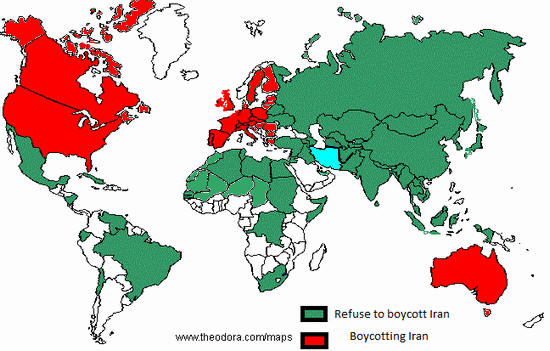"Like it or not, the non-Chinese in Malaysia see Dong Zong as an extreme, chauvinistic and racist organization for its consistency and persistence in refusing every effort towards total unity of all races"
Aslam Aidid
The United Chinese School Committees’ Association of Malaysia (UCSCAM) or better known as Dong Zong in Malaysia was established in 22nd August 1954. It is the body that lead the development of Chinese education in Malaysia. Its members include the Chinese school committees from Johor, Melaka, Negeri Sembilan, Selangor, Kuala Lumpur, Penang, Kedah, Perlis, Kelantan, Pahang, Sarawak and Sabah.
Dong Zong or United Chinese School Committees Association in Malaysia, should stop the arrogance and be more responsible in doing their part to promote unity in this very fragile multi-racial country.
Dong Zong may not be directly associated to the Pakatan Rakyat but it has always been perceived as a traditional nemesis of UMNO for ts contradiction in directions. So, you know what they say, that is, “the enemy of your enemy is your friend”.
For Malaysians, the organization is seen as one of the many arms of DAP in their quest to ‘overhaul’ Malaysia into becoming a Chinese-dominated country.
Like it or not, the non-Chinese in Malaysia see Dong Zong as an extreme, chauvinistic and racist organization for its consistency and persistence in refusing every effort towards total unity of all races.
It is hard to brush-off this perception when all the organization ever care about is ensuring that the Chinese continue to strap themselves tightly to their original motherland and that they will never blend in and embrace the Malaysian culture, or even history.
This is the reason why Dong Zong doesn’t see problems in Chinese students failing to master the National Language but only see problems if they can’t master Mandarin which is China’s official language.
It isn’t hard to understand why this education-related-organization in Malaysia must go as far as holding a protest against the Ministry of Education for posting teachers who can’t speak Mandarin to Chinese Schools.
If we didn’t know any better, we would have thought that the Chinese Schools must have some sort of a hidden agenda other than merely wanting to uphold their mother-tongue and culture. Or else, why would they need only Mandarin-speaking teachers for all subjects and not only for Mandarin class?
According to its President, Yap Sin Tian, back in 1987, such teachers were only holding senior posts and not so much involved in the teaching but the situation is getting ‘worse’ because these teachers are now not only hold seniors posts but also teach all subjects.
The statement is directly targeting the non-Chinese or Chinese teachers who can’t speak Mandarin as ‘the problem’.
For that, PR now sees Dong Zong as a problem too.
PR upholds the true spirit of Malaysia and rejects any sentiment of racism be it from any race. We have been very open in our critics towards Perkasa for its racial prejudice and extremism and he have to express the same regret towards Dong Zong for singing the same song with Perkasa – only in different language.
However, Dong Zong is far worse than Perkasa because at least Perkasa can defend themselves for speaking for unity as they fight for One School concept where children of all races may blend in together and create a truly united future generations. While Dong Zong is obviously fighting for further and permanent separation of the races in Malaysia.
Therefore, while Perkasa is being indirectly associated with UMNO, PR should be very careful as to not be seen as supporting Dong Zong. In other words, PR should not fall into the racial game of Dong Zong or Perkasa and remain focus in creating a new, truly united, open-minded Malaysians.
We understand that DAP is a hundred percent behind DongcZong in every move but for the sake of the party and the people, DAP should not be associating itself with any organization which is perceived as extreme and racist. It’s hard enough for PR to brush away the chauvinist image of DAP which keeps the Malays away from the party and by supporting Dong Zong, PR might lose even more Malay votes in the next election.
Bear in mind that 90% of our school teachers are Malays who can’t speak Mandarin.
Dong Zong may sound like they are shooting the government through the protest, but in reality, it’s the 90% Malay teachers as well as Chinese, Indian, Iban and all other teachers who can’t speak Mandarin, who actually felt the pang. And these teachers are voters.
PR, including DAP, should keep a distant from Dong Zong and not get entangled in its never-ending tug-of-war with the government.
ASLAM AIDID
I would gladly say that compared to the Dong Zong's extremism , PERKASA is a very mild NGO indeed.





